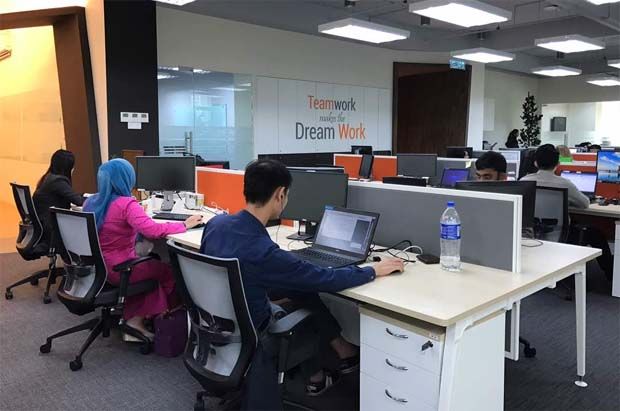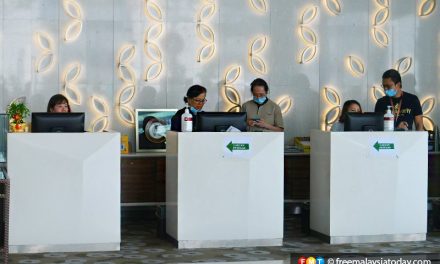NEW YORK | Bosses have longed for some leverage to prod more workers back to the office. Recession worries, a rash of hiring freezes and a broadside from the world’s richest person may have just made it easier.
For more than two years, millions of white-collar workers at companies from Apple Inc to American Express Co have grown accustomed to greater flexibility in where and when they work, and a red-hot labour market has given them licence to push back on pleas from chief executive officers to return to their pre-pandemic office routine.
Now, recession fears have clouded companies’ outlooks, prompting some to curtail hiring or wage hikes while others slash jobs, revealing early signs of a levelling playing field between employees and employers.
Elon Musk’s recent demand that all Tesla Inc employees get back to their desks or find work elsewhere has made him the latest figurehead of the return-to-office movement and his salvo against remote work could embolden others to act.
Half of business owners expect to be operating in-person all the time a year from now, according to a new survey from insurer Nationwide.
The developments highlight debates raging in boardrooms around the globe about how this new era of hybrid work will play out, and raise concerns that some firms might use the economic jitters as an excuse to jettison those workers who refuse to trudge back to the office.
“Workers have had the balance of power over the course of the pandemic,” said Andrew Challenger, senior vice-president of Challenger, Gray & Christmas, an outplacement and executive coaching firm.
“Companies are still holding tight to workers, but we’re starting to see an uptick in layoff movement. The demand to be in the office could certainly be a way of cutting those workers voluntarily. Even if a recession does not occur, employers may start making similar demands as Musk.”
To be sure, recent employment data showed hiring continued at a healthy pace in May, and big employers like International Business Machines Corp said they’ve seen no signs of a slowdown.
In April, there were nearly two jobs for every unemployed person. Knowing this, many companies have chosen not to impose onerous return-to-office mandates, while others have loosened their policies in recent weeks.
Take Apple, which just backed away from a plan to have workers in three days a week after some staff complained.
Even Wall Street bosses have dialled back their demands. JPMorgan Chase & Co chief Jamie Dimon said about 40% of his workforce will operate in a hybrid model going forward, and Credit Suisse Group AG boss Thomas Gottstein recently said he doesn’t think banks will ever return to working full-time from the office.
“People have spent more than two years proving they can be productive working from home,” said Brian Elliott, who leads an ongoing survey of more than 10,000 workers at a research firm backed by Slack Technologies, a Salesforce Inc unit.









